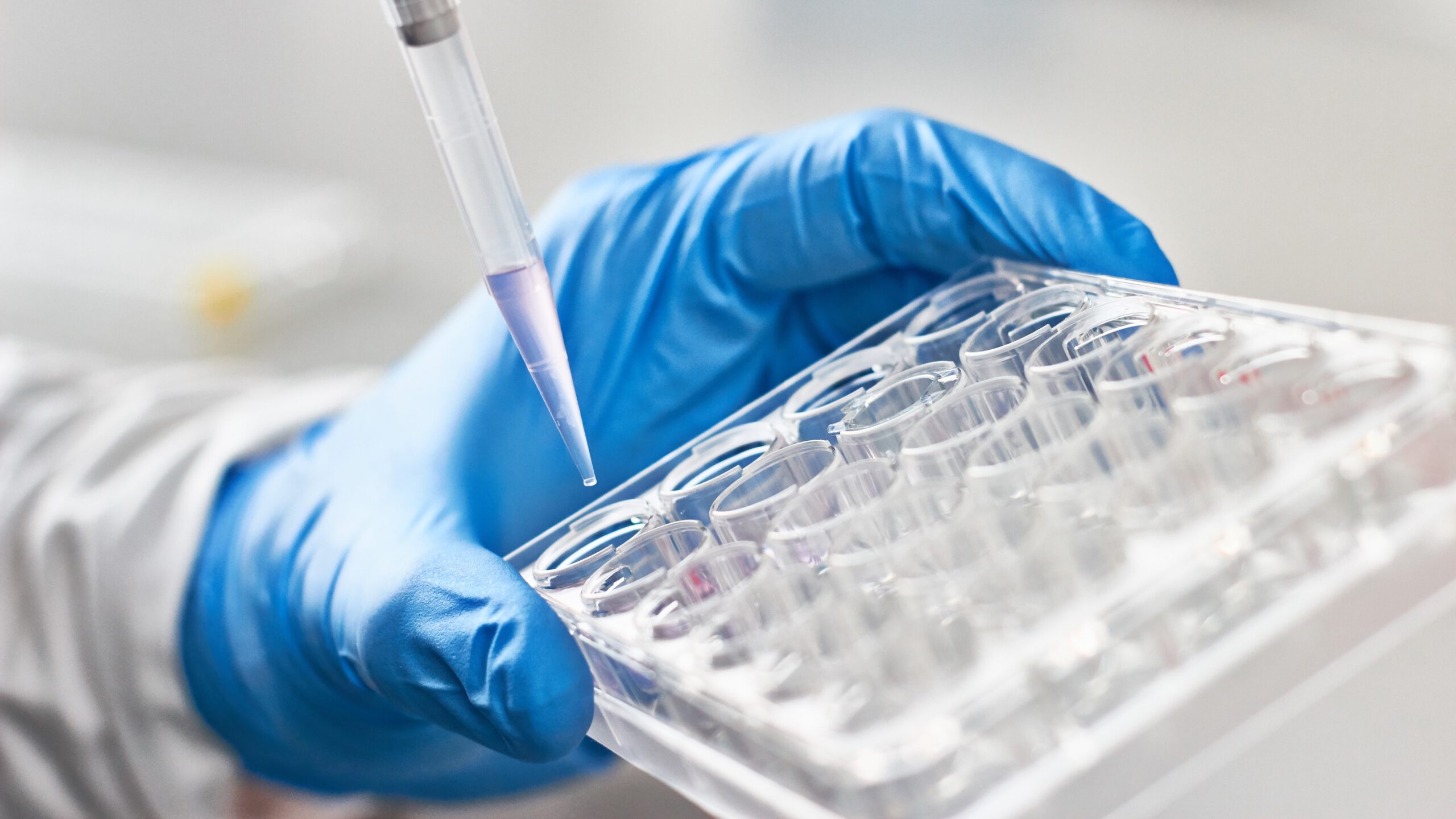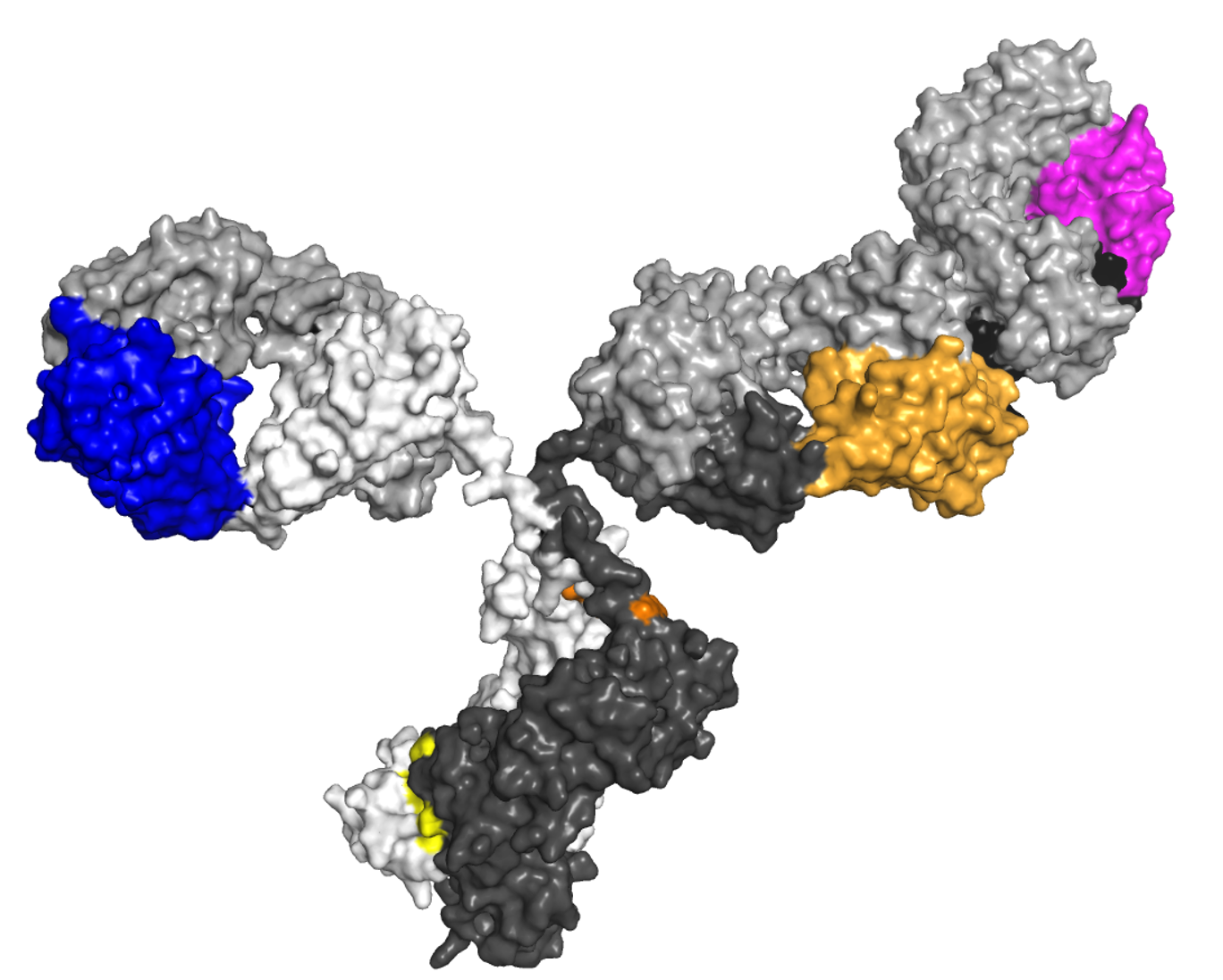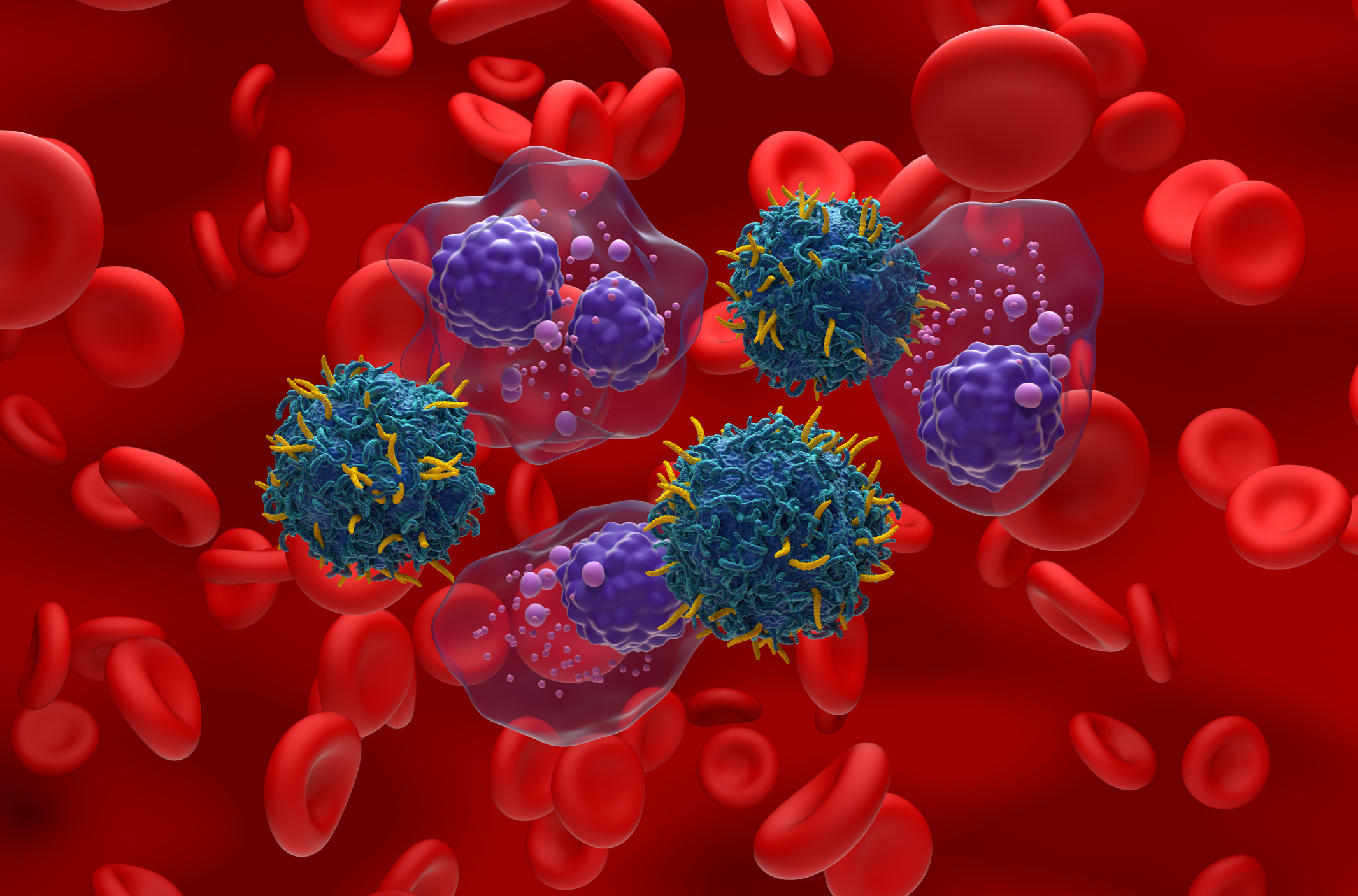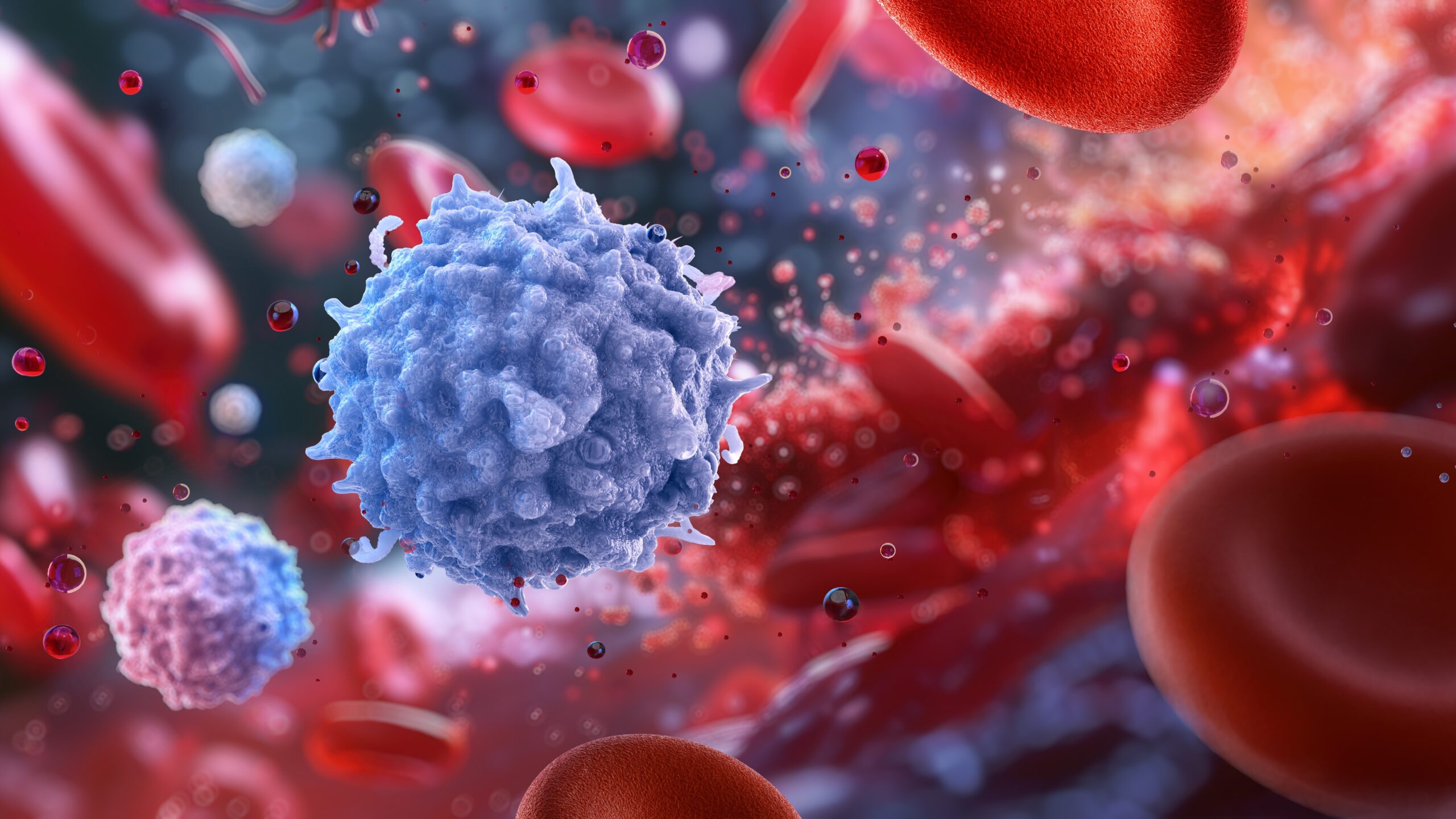
The addition of daratumumab (D) to bortezomib/lenalidomide/dexamethasone (VRd) can improve survival and minimal residual disease (MRD), according to a study presented at the Society of Hematologic Oncology 2024 Annual Meeting.
“The primary analysis of PERSEUS showed that D-VRd induction/consolidation and D-R maintenance improved clinical outcomes versus VRd induction/consolidation and R maintenance in transplant-eligible (TE) patients with newly diagnosed multiple myeloma (NDMM),” the researchers noted. This study expanded on the analysis based on the presence of high-risk cytogenetic abnormalities (HRCAs).
To conduct this study, researchers analyzed 709 TE patients with NDMM. The entire study population received four VRd induction cycles, stem cell transplant, two VRd consolidation cycles, and R maintenance, whereas D-VRd patients also received D during induction, consolidation, and maintenance.
After a median follow-up of 47.5 months, progression-free survival (PFS) favored D-VRd versus VRd across subgroups. MRD negativity rates were higher with D-VRd versus VRd across subgroups. Moreover, MRD negativity rates at 12 months and longer were higher with D-VRd.
“Adding daratumumab to VRd induction/consolidation and R maintenance improved PFS and MRD negativity across all HRCA subgroups. These data support D-VRd induction/consolidation and D-R maintenance as a new standard of care for TE NDMM, regardless of cytogenetic risk,” the researchers concluded.
Reference
Dimopoulos M, Sonneveld P, Rodriguez P, et al. Daratumumab + bortezomib/ lenalidomide/dexamethasone (D-VRd) in transplant-eligible (TE) patients with newly diagnosed myeloma (NDMM): analysis of the phase 3 PERSEUS study based on high-risk cytogenetic abnormalities (HRCAs). Abstract #MM-329. Presented at the Society of Hematologic Oncology 2024 Annual Meeting; September 4-7, 2024; Houston, Texas.






 © 2025 Mashup Media, LLC, a Formedics Property. All Rights Reserved.
© 2025 Mashup Media, LLC, a Formedics Property. All Rights Reserved.